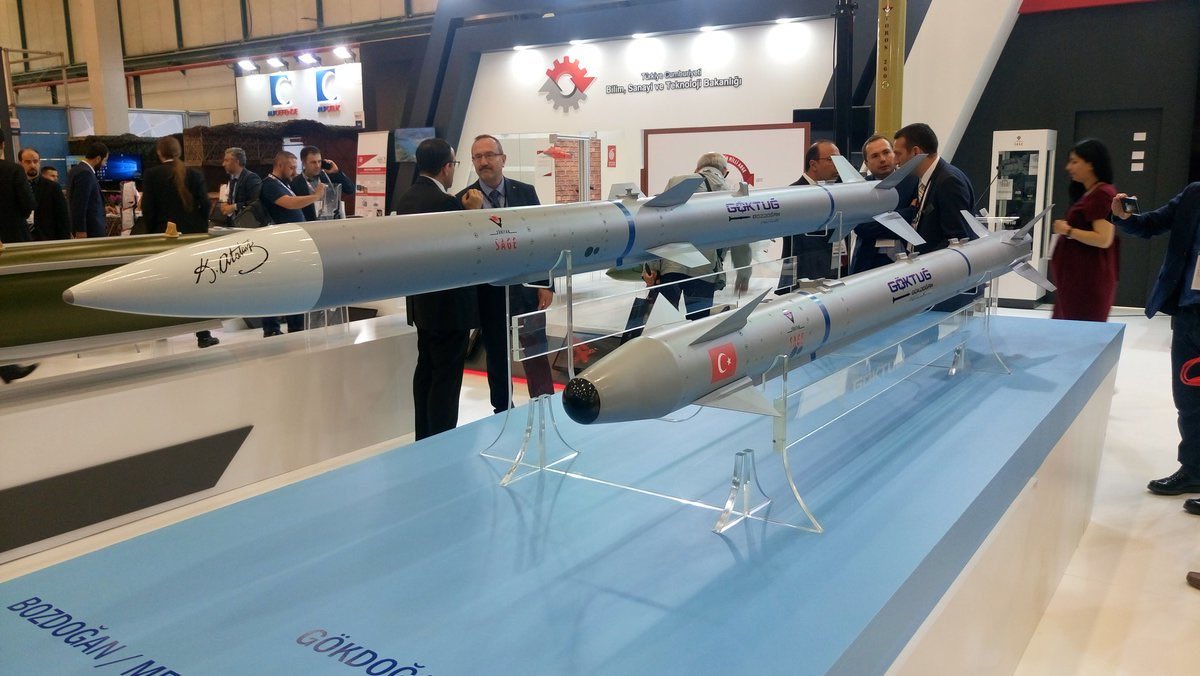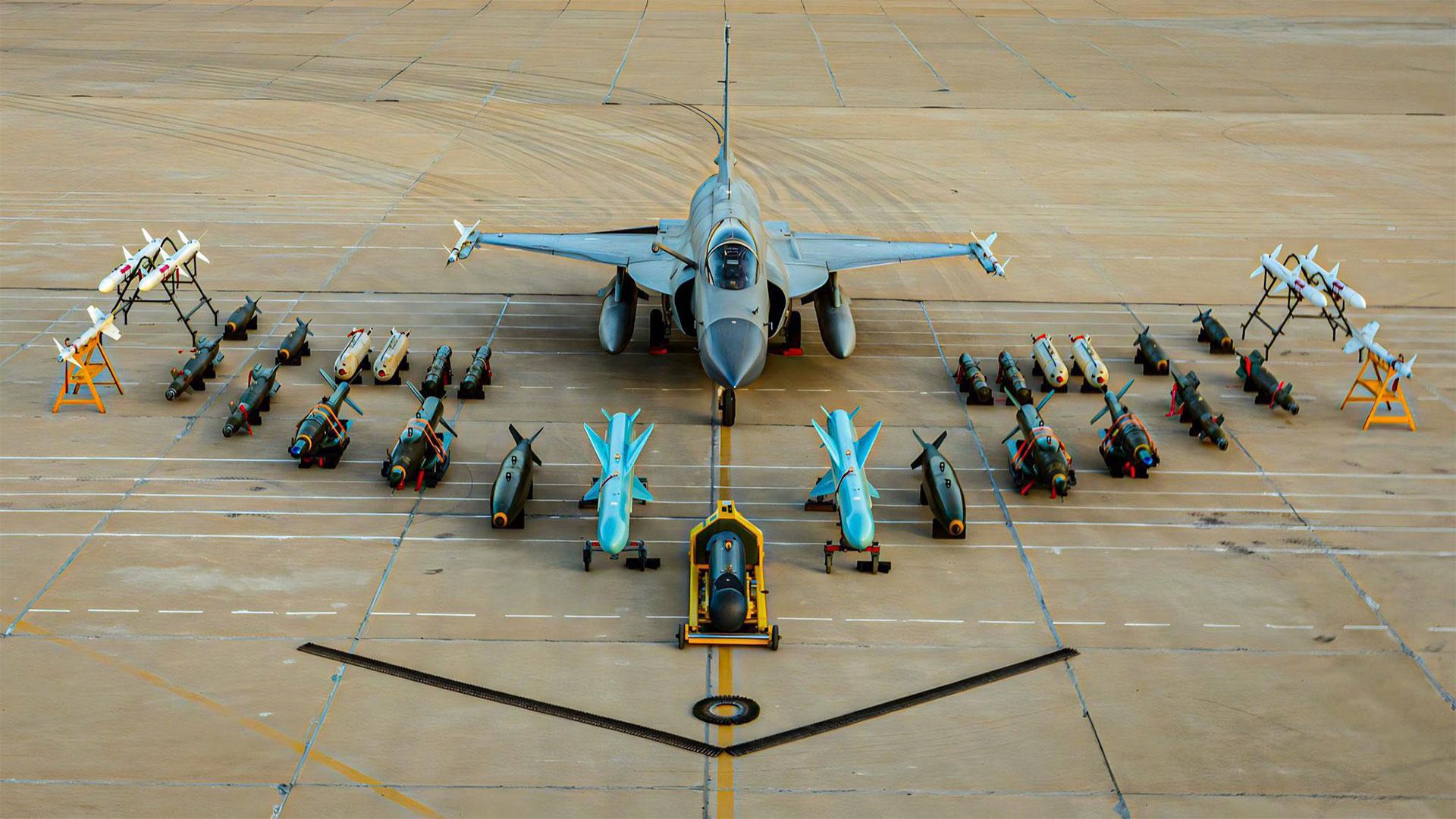Azerbaijan’s JF-17 “Thunder” Block 3 Fighter Jets Equipped with Turkish Air-to-Air Missiles
The JF-17 Block 3 fighter jets, developed by Pakistan Aeronautical Complex (PAC) and China's Chengdu Aircraft Industry Group (CAIG), will also be equipped with avionics systems produced by Turkish defense companies.
(DEFENCE SECURITY ASIA) – Azerbaijan’s Air Force JF-17 “Thunder” Block 3 fighter jets are reportedly set to be equipped with Gokdogan BVRAAM and Bozdogan WVRAAM air-to-air missiles produced by Turkey’s defense industry.
The JF-17 Block 3 fighter jets, developed by Pakistan Aeronautical Complex (PAC) and China’s Chengdu Aircraft Industry Group (CAIG), will also be equipped with avionics systems produced by Turkish defense companies.
Turkey and Azerbaijan share a close defense cooperation. The selection of Turkish-made air-to-air missiles for Azerbaijan’s JF-17 Block 3 fighters is a testament to the capabilities of Turkey’s defense industry.
In February this year, media reports indicated that Azerbaijan had agreed to acquire a number of JF-17 Block 3 jets, the latest variant of the fighter jointly produced by Pakistan and China.
Azerbaijan is reported to have spent approximately US$1.6 billion (RM7.2 billion) on these fighter jets, which are expected to replace the country’s aging MiG-29 aircraft.

Strategically, the acquisition of the JF-17 Block 3, developed by Pakistan and China, represents a significant achievement for Beijing and Islamabad as they penetrate the Central Asian arms market, traditionally dominated by Russian weapons manufacturers.
The Pakistan Air Force is also expected to add around 50 JF-17 Block 3 aircraft to its fleet, complementing the 98 JF-17 Block 1 and Block 2 jets currently in service.
The JF-17 Block 3 is said to incorporate elements from China’s fifth-generation fighter, the J-20 “Mighty Dragon.”
The latest variant of the JF-17 Block 3 is more advanced and capable, integrating technology from the J-20 and having been developed over the past two years.
The Turkish-made air-to-air missiles set to equip these jets include the Gokdogan BVRAAM and Bozdogan WVRAAM, both developed by the Turkish defense firm Tubitak Sage.

Turkey developed these air-to-air missiles as part of the GOKTUG Project for use in its own fighter aircraft, such as the F-16, and later for other platforms like the Hurjet, KAAN, and combat drones.
Following successful test launches, Turkey is now prepared to begin mass production of these missiles.
The Gokdogan BVRAAM, a long-range air-to-air missile developed by Turkey, is designed to compete with the American AIM-120 AMRAAM.
Equipped with an Active Radar Seeker, the Gokdogan BVRAAM offers advanced capabilities, including the ability to detect multiple targets and engage from all directions.
It is also engineered to be resistant to electronic countermeasures, turning the source of interference into a target.

Meanwhile, the Bozdogan WVRAAM, a short-range air-to-air missile also developed by Tubitak Sage, uses an Imaging Infrared (IIR) guidance system similar to that of the American AIM-9X Sidewinder.
The Bozdogan missile is capable of reaching speeds up to Mach 4. — DSA



Comments are closed.